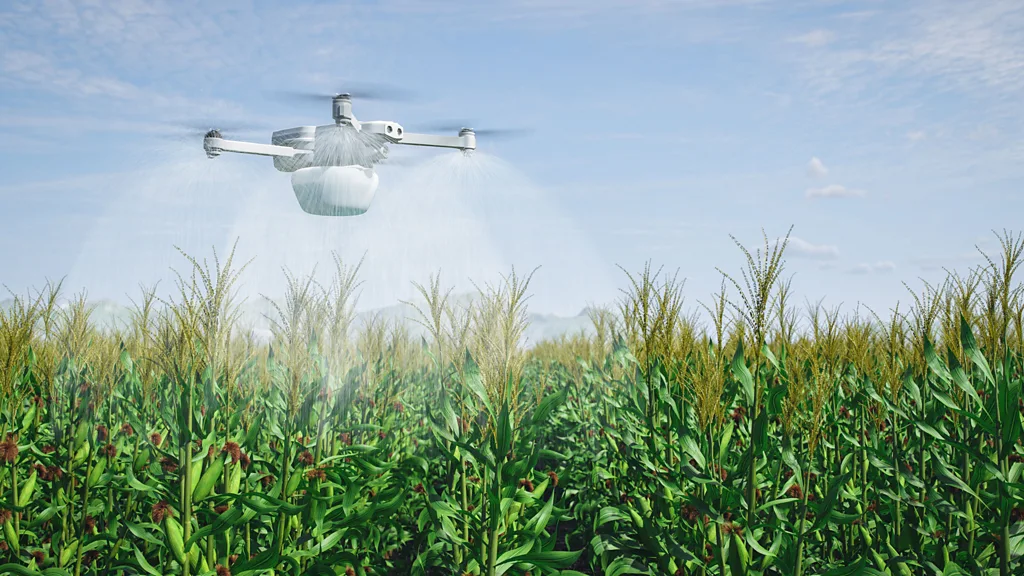
In the heartland of the American Midwest, a quiet revolution is underway as farmers embrace the power of artificial intelligence (AI) to tackle the pressing challenges facing the agriculture industry. From labor shortages to climate change-induced disruptions, AI-driven innovations are emerging as indispensable tools for ensuring food security in an increasingly uncertain world.
Labor shortages loom large over American farms, with an aging workforce and a declining interest among younger generations in pursuing careers in agriculture. The traditional backbone of family-run farms is under strain, prompting a search for innovative solutions to sustain productivity. Recognizing the urgent need for technological intervention, farmers are turning to AI to streamline operations and boost efficiency.
AI’s penetration into agriculture is not a novel concept, but its recent surge in adoption marks a watershed moment for the industry. From autonomous tractors to precision drones, AI-driven technologies are reshaping farming practices, offering unprecedented insights and efficiencies. According to recent estimates, a staggering 87% of US agricultural businesses have incorporated AI into their operations, underscoring the rapid pace of adoption.
The push towards AI adoption in American farming extends beyond individual initiatives, with the federal government actively incentivizing the integration of AI technologies. Financial support and fast-tracking initiatives are propelling the industry towards a tech-driven future, aimed at enhancing productivity and sustainability.
The implications of this AI revolution extend far beyond American shores. As the global population burgeons and climate change threatens agricultural ecosystems, the need for innovative solutions becomes increasingly urgent. By leveraging AI to optimize resource utilization, mitigate climate risks, and enhance crop yields, American farms are poised to play a pivotal role in addressing the burgeoning demand for food worldwide.
The AI Institute for Resilient Agriculture at Iowa State University exemplifies the collaborative efforts underway to harness AI for agricultural resilience. Through pioneering research and development, the institute is spearheading initiatives to empower farmers with AI-driven decision support tools, aimed at navigating the complexities of modern farming.
Precision agriculture lies at the heart of this technological transformation, offering farmers the ability to address specific challenges with surgical precision. From soil surveillance to automated pest detection, AI-enabled tools are revolutionizing every aspect of farming, driving efficiency gains and cost savings.
John Deere, a stalwart in the agricultural machinery industry, is at the forefront of this AI revolution. With AI-powered innovations such as the See & Spray technology, John Deere is empowering farmers to optimize resource utilization while minimizing environmental impact. The company’s vision for fully autonomous tractors heralds a new era of farm autonomy, promising to revolutionize farming practices in the years to come.
The transformative potential of AI in agriculture extends beyond boosting productivity and profitability. By enhancing sustainability, safeguarding natural resources, and bolstering food security, AI-driven innovations hold the key to addressing the multifaceted challenges facing the global agriculture industry.
As AI continues to evolve and proliferate in farming communities worldwide, the prospects for a more resilient and sustainable agricultural future grow increasingly promising. With concerted efforts and strategic investments, AI has the power to revolutionize farming practices, ensuring a bountiful harvest for generations to come.
For more insights and updates, visit our KI Design blog here.
Stay connected with us on Twitter for the latest news and discussion





